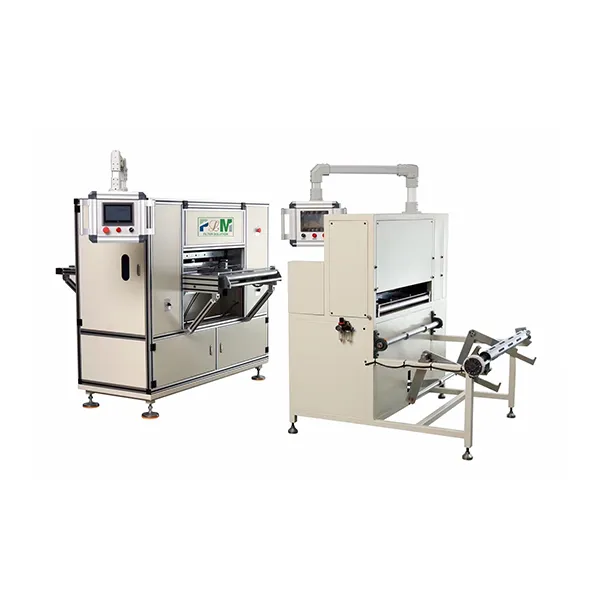Sep . 07, 2024 03:54 Back to list
High-Quality Cabin Air Filters for Cleaner Air in Your Vehicle
The Importance of Cabin Air Filters in Vehicles
In the modern era of automotive innovation, the significance of cabin air filters often goes unnoticed by many car owners. However, these seemingly simple components play a crucial role in enhancing the driving experience and ensuring passenger comfort. The cabin air filter is responsible for purifying the air that enters the passenger compartment, protecting occupants from harmful pollutants, allergens, and unpleasant odors.
One of the primary functions of a cabin air filter is to trap airborne particles from the outside environment. This includes dust, pollen, soot, and even microscopic mold spores. For individuals with allergies or respiratory issues, a clean cabin air filter can make a significant difference in their comfort and health while traveling. According to various studies, a car's interior can be up to ten times more polluted than the air outside, making it imperative to have an effective filtration system in place.
Cabin air filters commonly utilize activated charcoal or HEPA (High-Efficiency Particulate Air) technology to provide superior filtration. Activated charcoal absorbs odors and harmful gases, such as volatile organic compounds (VOCs), which can emanate from various sources, including the car's interior materials. HEPA filters are designed to capture smaller particles, ensuring that the air circulated within the vehicle remains clean and safe for occupants.
cabin air filter

Regular maintenance and timely replacement of cabin air filters are vital to their effectiveness. Manufacturers often recommend replacing the cabin air filter every 12,000 to 15,000 miles, but this can vary based on driving conditions. For instance, those who frequently drive in urban areas or on unpaved roads might find that their filters become clogged more quickly due to higher amounts of dust and pollutants. Neglecting to replace a worn-out cabin air filter can lead to reduced airflow, unpleasant smells, and increased exposure to airborne contaminants.
The process of replacing a cabin air filter is relatively straightforward and can often be performed by the car owner. Most vehicle manuals provide clear instructions on how to access and change the filter, making it an excellent opportunity for car enthusiasts to engage in some hands-on maintenance. By ensuring that the cabin air filter is replaced regularly, drivers can enjoy cleaner air and a more pleasant driving experience.
In addition to health benefits, maintaining a clean cabin air filter can also enhance the overall performance of a vehicle's HVAC (heating, ventilation, and air conditioning) system. A clogged filter can strain the system, leading to inefficiencies and potentially costly repairs. Thus, investing in a good-quality cabin air filter and adhering to a regular maintenance schedule can pay dividends in both comfort and vehicle longevity.
In conclusion, the cabin air filter is a vital component of any vehicle that should not be overlooked. By ensuring clean air circulation, protecting passengers from harmful pollutants, and maintaining the efficiency of the HVAC system, car owners can significantly enhance their driving experience. Regular inspection and replacement of cabin air filters are simple yet effective ways to promote a healthier environment for everyone on board.
-
Cheap PLJY109-500 Full-Auto HDAF Expanded Mesh Spiral Coiling Machine - High Efficiency & Quality Manufacturer
NewsJul.08,2025
-
Best PLHJ-6 Full-Auto Eco Filter Rotary Heat Plating Machine - High Efficiency & Eco-Friendly Solution
NewsJul.08,2025
-
High-Efficiency Paper Pleating Machine for Filters Trusted Filter Paper Pleating Machine Company
NewsJul.07,2025
-
High-Performance Oil Filter for Cadillac ATS – Reliable Engine Protection Solutions
NewsJul.07,2025
-
High Quality PU Glue for Filters – Reliable Filter Glue Supplier & Exporter Get PU Glue Quotes Now
NewsJul.07,2025
-
China PLJL-4 Seal Leakage Tester for Spin-On Filter - High-Precision Multi-Station Testing Solutions
NewsJul.06,2025
